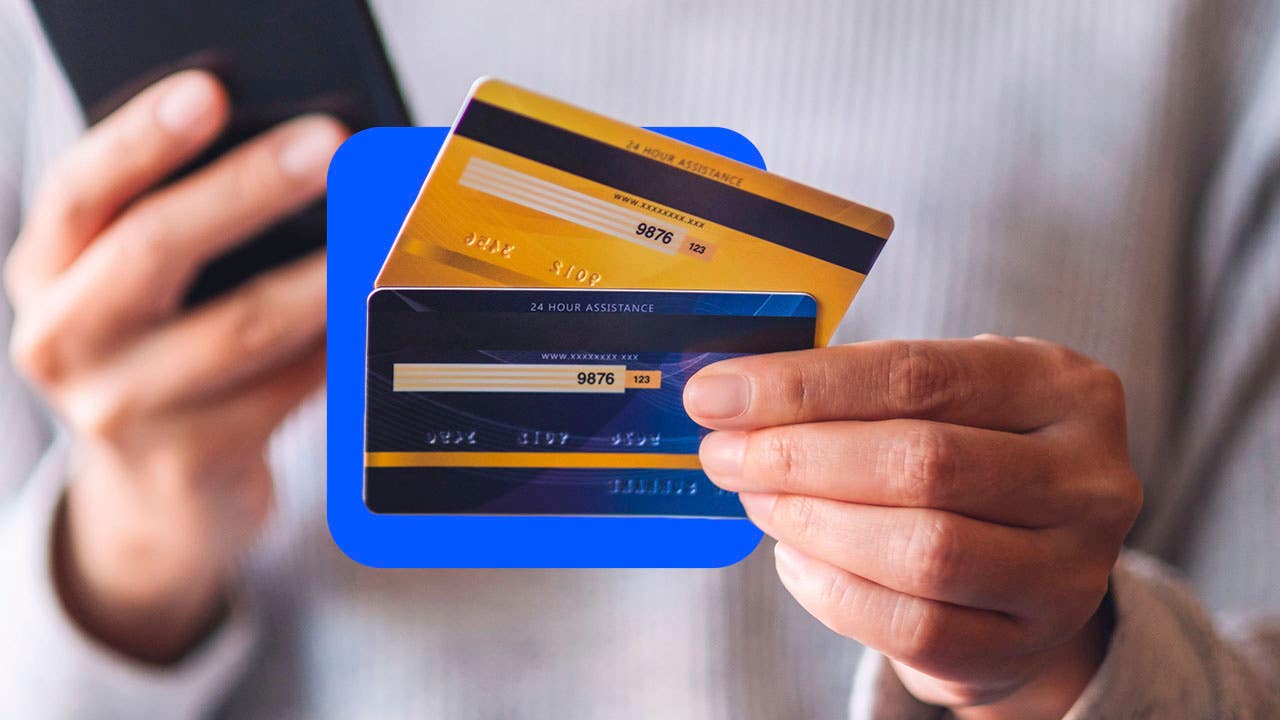
image source:Bankrate.com
When credit card information is stolen, there are several potential risks and consequences for both the cardholder and the financial institution involved. Some of the key risks associated with stolen credit card information include:
Unauthorized Charges
The most immediate risk is the possibility of unauthorized charges being made on the stolen credit card. The thief may use the card to make purchases, withdraw cash, or conduct other transactions without the cardholder’s knowledge or consent.
Financial Loss
If the thief successfully makes unauthorized charges, the cardholder may be liable for the charges, depending on their credit card issuer’s fraud liability policy. Many credit card companies have protections in place for fraudulent transactions, but there may be limits to the liability coverage.
Damaged Credit Score
Unresolved fraudulent charges can lead to missed payments, late fees, and increased credit card balances, which can negatively impact the cardholder’s credit score.
Personal Information Exposure
In addition to credit card details, stolen information may also include other personal identifying information, such as name, address, and Social Security number. This can lead to identity theft and potentially more severe consequences.
Reputation Damage
Credit card fraud can also damage the cardholder’s reputation with creditors and lenders, making it harder to obtain credit or loans in the future.
Legal Consequences
In some cases, the cardholder may need to provide evidence to prove they are a victim of fraud, which can be time-consuming and stressful. There is also a risk of being wrongly accused of fraudulent activity, which could lead to legal issues.
Compromised Account Security
If a cybercriminal gains access to one credit card, they may attempt to exploit other accounts or personal information linked to that card or stored on the same system.
Emotional Stress
Dealing with credit card theft can cause emotional distress and anxiety for the affected individual, as it can disrupt their financial stability and sense of security.
Recurring Fraud Attempts
Once credit card information has been stolen, there is a possibility of the thief or others attempting to use the information again in the future, even after the initial issue has been resolved.
To mitigate these risks, it’s essential for cardholders to promptly report any suspicious activity to their credit card company or bank, take advantage of the security features offered by their financial institutions (such as fraud alerts and account notifications), and stay vigilant about monitoring their financial accounts and credit reports regularly.
Additionally, practicing good online security habits, such as using strong passwords and avoiding suspicious websites, can help reduce the risk of credit card information being stolen in the first place.
Restoring Credit Card when Information is Stolen
Discovering that a family member has stolen your personal information can be a distressing experience. However, there are steps you can take to restore your credit and protect yourself from further harm. If your credit card information has been stolen, it’s crucial to take immediate action to protect your finances and restore your credit card’s security.
Here’s a guide on how to restore your credit after such an incident:
Report the theft- Contact your local law enforcement agency and file a police report. Provide them with all the relevant details about the theft, including the family member’s involvement. This report will serve as evidence if needed in the future.
Notify credit bureaus- Contact the three major credit bureaus (Equifax, Experian, and TransUnion) and inform them about the identity theft. Request a fraud alert or credit freeze on your accounts to prevent any further unauthorized activity. This will make it harder for the thief to open new accounts in your name.
Review your credit reports- Obtain free copies of your credit reports from each of the three credit bureaus. Review them carefully to identify any fraudulent accounts, inquiries, or discrepancies. Report any suspicious activity to the credit bureaus and request that they remove the fraudulent information from your reports.
Dispute fraudulent accounts- If you find any fraudulent accounts on your credit reports, contact the credit bureaus in writing and dispute the information. Provide them with copies of the police report and any other supporting documentation. The credit bureaus are required to investigate your dispute within 30 days.
Contact creditors- Reach out to the creditors associated with the fraudulent accounts and inform them about the identity theft. Provide them with a copy of the police report and any other relevant documentation. Request that they close the fraudulent accounts and remove them from your credit history.
Monitor your credit- Stay vigilant and regularly monitor your credit reports for any new fraudulent activity. Consider signing up for credit monitoring services or using free credit monitoring tools available online. This will help you detect any unauthorized activity promptly.
Establish new credit- If your credit has been severely damaged, you may need to rebuild it. Start by applying for a secured credit card or a credit-builder loan. Make timely payments and keep your credit utilization low to gradually improve your credit score.
Protect your personal information- Safeguard your personal information to prevent future incidents. Be cautious about sharing sensitive details and regularly change your passwords. Consider using two-factor authentication for added security.
Seek professional help if needed- If you find the process overwhelming or encounter difficulties, consider consulting a reputable credit counseling agency or an attorney specializing in identity theft. They can provide guidance and support throughout the credit restoration process.
Acting quickly and following these steps is essential when dealing with credit card theft to minimize financial losses and protect your credit score. If you’re unsure about any aspect of the process, consider reaching out to your credit card issuer or a reputable identity theft resolution service for guidance. Remember, restoring your credit after identity theft takes time and patience. Stay proactive, monitor your credit regularly, and take necessary precautions to prevent future incidents.


